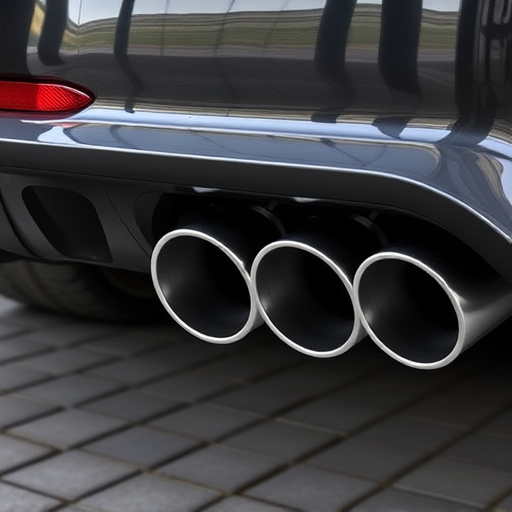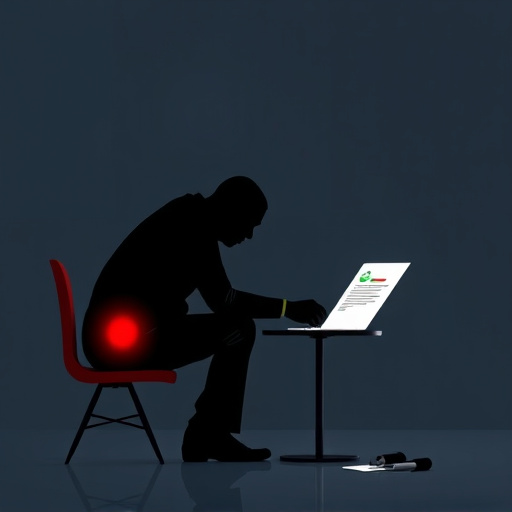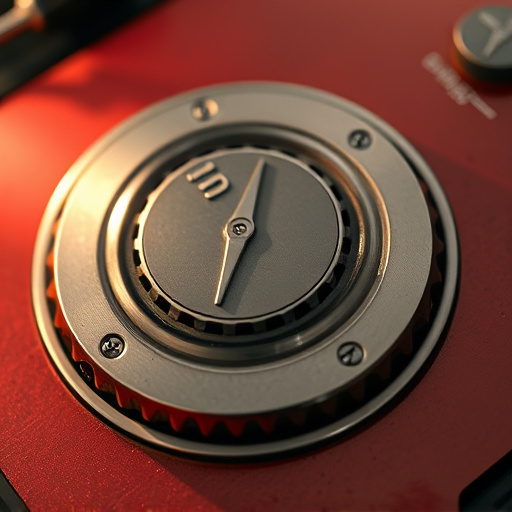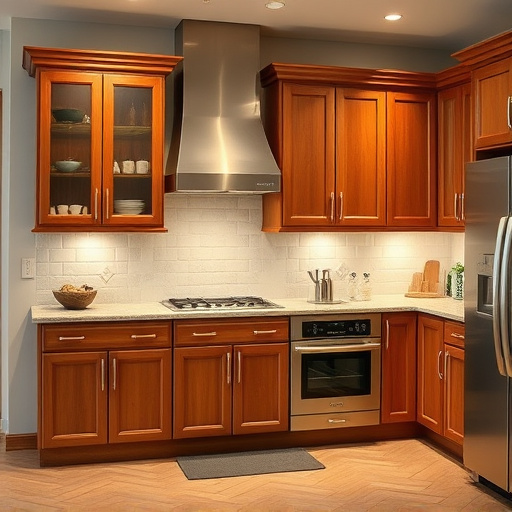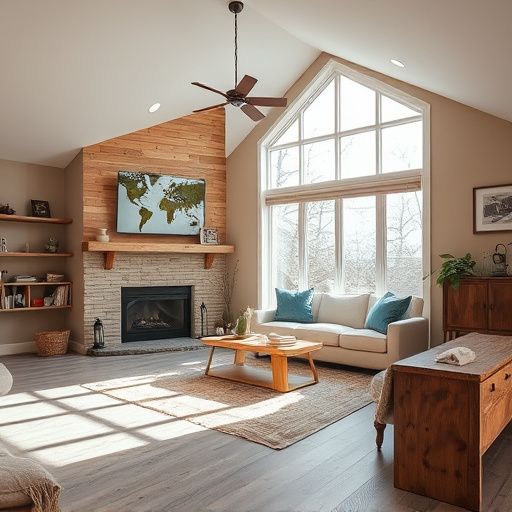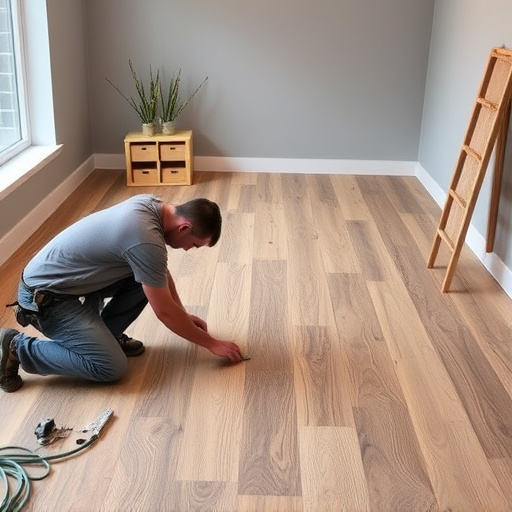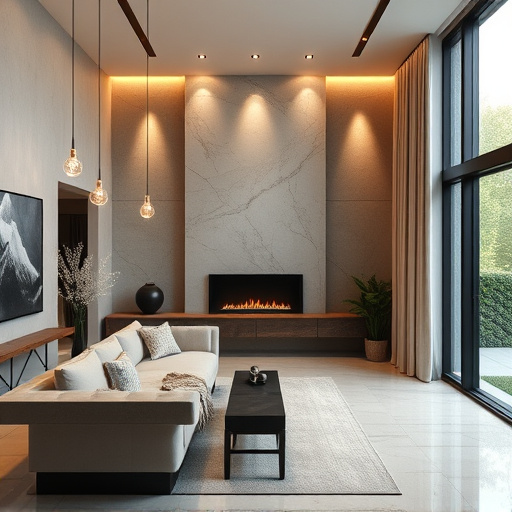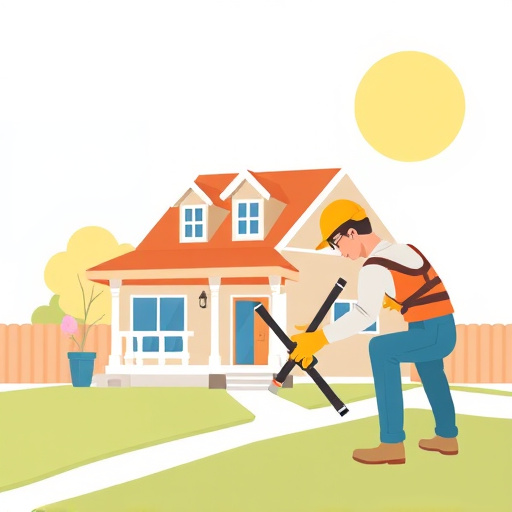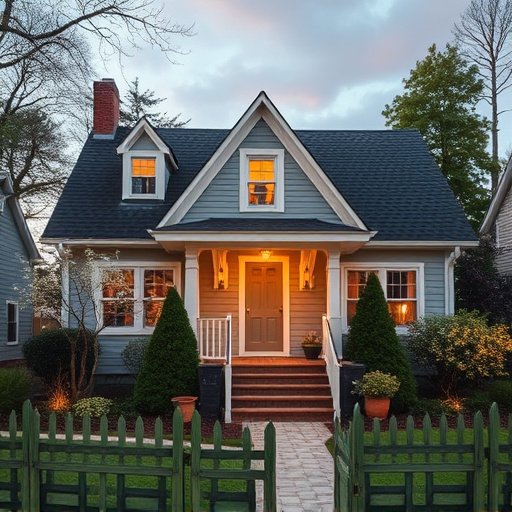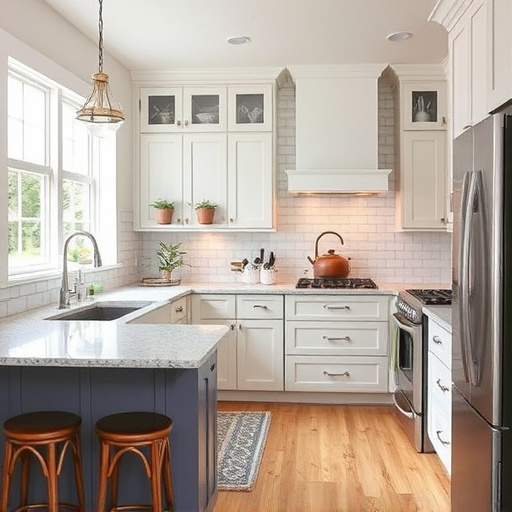When replacing floors, prioritize durability and longevity. Hardwood offers classic aesthetics, strength, and longevity with proper care, while modern vinyl provides enhanced durability, water resistance, and low maintenance for busy households and customized spaces. For kitchens, baths, and additions, hardwood's natural wear resistance is ideal for high-traffic areas, but vinyl mimics hardwood at lower cost and with less upkeep, having a lifespan of 15-20 years. Vinyl's scratch, stain, and fade resistance makes it perfect for frequent remodels.
Considering a flooring replacement? Navigating options can be daunting, especially between timeless hardwood and versatile vinyl. This guide breaks down the key factors in choosing between these popular choices. We’ll explore durability, from lifespan comparisons to maintenance tips, delving into aesthetics, cost effectiveness, and installation nuances. By the end, you’ll have a clearer understanding to make an informed decision for your flooring replacement project.
- Durability and Longevity
- – Hardwood vs Vinyl: Which is More Durable?
- – Lifespan Comparison: Factors Affecting Longevity
Durability and Longevity
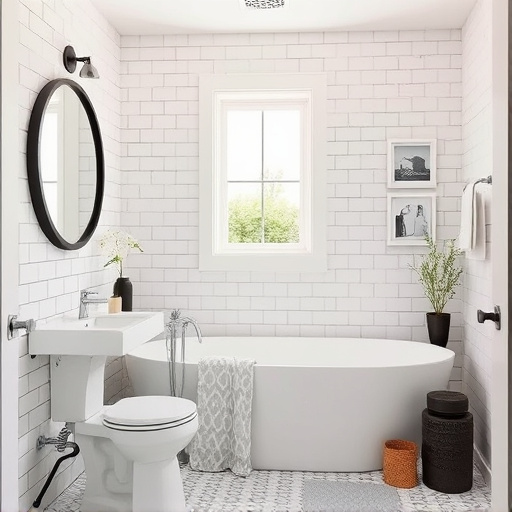
When considering flooring replacement options, durability and longevity are key factors that influence your decision. Hardwood floors offer a timeless and elegant aesthetic, renowned for their strength and ability to withstand heavy foot traffic. With proper care, they can last for generations, making them an excellent investment for both residential renovations and home additions. The natural resilience of hardwood makes it adept at resisting scratches, dents, and warping, ensuring your floor remains in top condition over time.
In contrast, vinyl flooring has evolved significantly, offering enhanced durability compared to its older versions. Modern vinyl is highly resistant to wear and tear, making it a popular choice for those seeking low-maintenance options. Its longevity is particularly appealing for busy households, as it can handle high traffic areas without showing significant signs of wear. Moreover, vinyl’s flexibility allows it to accommodate slight floor irregularities, making it suitable for various flooring replacement customized work.
– Hardwood vs Vinyl: Which is More Durable?
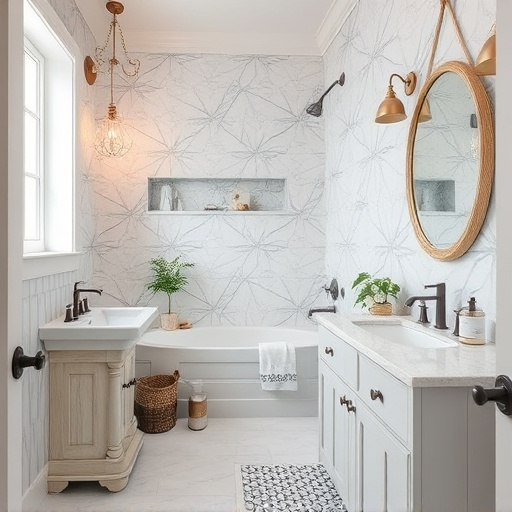
When considering flooring replacement options for your kitchen and bath or home additions, durability is a top priority. Hardwood floors have long been renowned for their longevity, with proper care, they can last for generations. This natural material is resistant to wear and tear, making it an excellent choice for high-traffic areas like kitchens and hallways. Its ability to withstand heavy furniture placement and regular footfall means it’s a wise investment for customized home renovations.
On the other hand, vinyl flooring has evolved significantly in recent years, offering exceptional durability and water resistance, which makes it a popular choice for home additions or areas prone to moisture, such as bathrooms. While hardwood provides a classic aesthetic, vinyl can mimic the look of wood with more affordable and low-maintenance options available. For those seeking long-lasting flooring solutions, both materials offer excellent durability, catering to various needs in floorings replacement.
– Lifespan Comparison: Factors Affecting Longevity
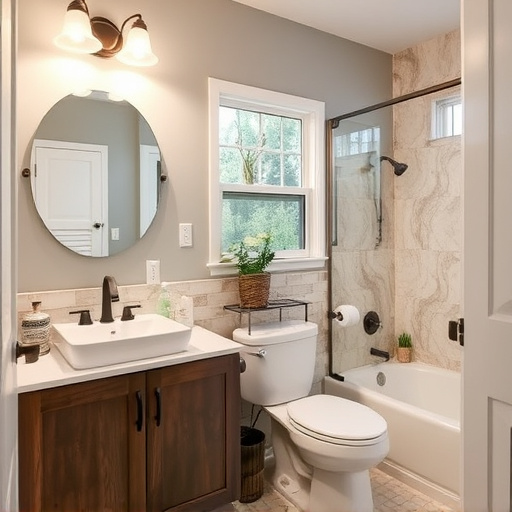
When comparing hardwood and vinyl for flooring replacement, lifespan is a critical factor to consider. Hardwood floors, with proper care, can last for generations, offering a timeless and elegant aesthetic that only improves with age. Factors such as species selection, finish quality, and installation depth significantly impact its longevity. On the other hand, vinyl flooring typically has a shorter lifespan, averaging between 15 to 20 years, depending on usage and quality. While it may not last as long as hardwood, vinyl is highly resistant to scratches, stains, and fading, making it a popular choice for high-traffic areas like kitchens and bathrooms during home additions or functional space remodels.
In terms of maintenance, hardwood floors require regular cleaning, polishing, and refinishing to maintain their top layer and appearance. Vinyl flooring, however, is low-maintenance, requiring only occasional sweeping and mild cleaning solutions. This difference in upkeep can influence the overall cost-effectiveness of each option over time, especially when considering frequent bathroom remodels or other home upgrades that involve functional spaces.
When considering flooring replacement, both hardwood and vinyl offer unique advantages. Hardwood excels in durability and longevity, especially with proper care, making it a popular choice for those seeking a timeless and elegant finish. Vinyl, on the other hand, provides exceptional versatility, ease of installation, and low maintenance costs, making it ideal for busy households or commercial spaces. Ultimately, the best option depends on individual preferences, budget, and specific needs, ensuring a long-lasting and visually appealing floor.
